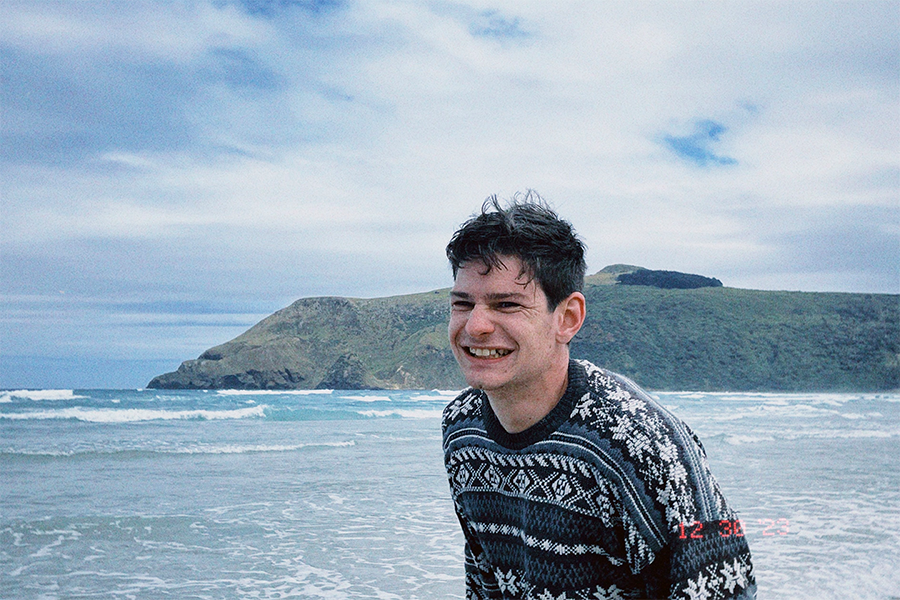
PhD candidate Will Davis discovered a passion for lung cancer research on his journey to overcome challenges and find a place in this world.
Finding hope during challenging times inspired Will Davis to do the same for lung cancer patients.
Originally from rural Motueka, the PhD candidate had to overcome his own preconceived notions of what success looked like to help play a part in providing hope to often despondent patients.
Based in the Department of Pathology at the University of Otago, Will initially struggled with university as the shift from his small horticulture community to the busy labs in Dunedin was challenging.
“During my undergraduate studies, particularly the Health Sciences First Year course, classes were large and filled with brilliant students and so there was plenty of room for imposter syndrome to settle in,” Will says.
He was a long way from Motueka High School and started to feel quite hopeless about his direction in life, especially compared to other students who seemed to be thriving.
That was until a chance meeting with Dr Glen Reid at a second-year career evening, where he encouraged Will to pursue postgraduate studies as an option he would potentially enjoy.
Dr Reid was correct and would even go on to become Will’s supervisor, alongside Dr Cath Drummond.
“As time went on, I made friends, began to understand how the University worked, met fantastic academics like my amazing supervisors, and found an area of research that I was able to direct my passion towards.
“I was able to find some hopefulness again in my own life and I now get to spend my days working on some exciting research to perhaps share this hope with people who truly need it.”
About to enter his third year of his PhD, Will is researching how the cancer adenocarcinomas escapes from targeted therapy via the phenomenon of drug tolerance.
Understanding how this happens will hopefully help scientists combat this to deliver longer lasting and more effective support to patients.
He explains that patients with lung cancer initially respond well to modern therapies, including targeted therapies, but these responses are often short-lived due to the development of drug tolerance.
“For most patients with advanced lung cancer there is little hope because long term medications don’t work,” Will says.
“Often the final outcome is people succumbing to cancer, which is heart breaking and so I want to be a part of the solution and try to give patients hope.
“Ultimately, I’m glad to have worked through those challenges by finding an area of research that excites me and continually redirecting my focus to that passion when times get hard. I can’t wait to see where things go from here.”
Kōrero by the Division of Health Sciences Communications Adviser, Kelsey Schutte.
